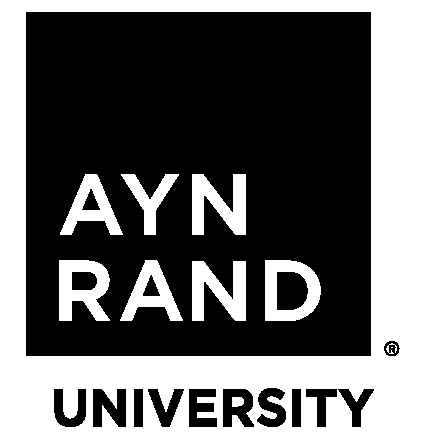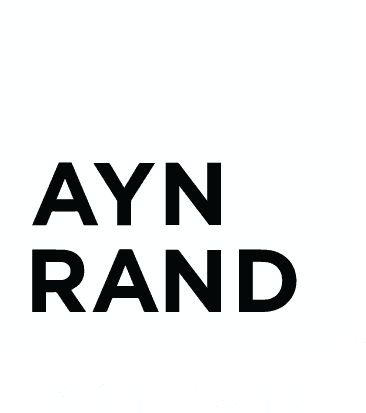
Course Content
Expand All
Introduction
1 Topic
Expand
Lesson Content
0% Complete
0/1 Steps
Lesson Content
0% Complete
0/8 Steps
Lesson Content
0% Complete
0/3 Steps
Lesson Content
0% Complete
0/3 Steps
Lesson Content
0% Complete
0/5 Steps
Lesson Content
0% Complete
0/3 Steps
Lesson Content
0% Complete
0/4 Steps
Lesson Content
0% Complete
0/4 Steps
Lesson Content
0% Complete
0/3 Steps
Preview this Course

Course Faculty
 Aaron SmithDr. Smith is an instructor and fellow at ARI where he teaches and designs educational content for the Institute’s intellectual training and e-learning programs. He also writes, speaks, and gives interviews for the Institute. Dr. Smith received his PhD in philosophy from Johns Hopkins University where his research focused on Aristotle’s theory of knowledge.
Aaron SmithDr. Smith is an instructor and fellow at ARI where he teaches and designs educational content for the Institute’s intellectual training and e-learning programs. He also writes, speaks, and gives interviews for the Institute. Dr. Smith received his PhD in philosophy from Johns Hopkins University where his research focused on Aristotle’s theory of knowledge. Ben BayerDr. Bayer is a fellow and director of content at the Ayn Rand Institute. He teaches at Ayn Rand University and gives talks and interviews for ARI. He writes and edits for ARI’s online publication, New Ideal. Dr. Bayer holds a PhD in philosophy and his writing focuses primarily on the application of philosophy to contemporary cultural and political controversies.
Ben BayerDr. Bayer is a fellow and director of content at the Ayn Rand Institute. He teaches at Ayn Rand University and gives talks and interviews for ARI. He writes and edits for ARI’s online publication, New Ideal. Dr. Bayer holds a PhD in philosophy and his writing focuses primarily on the application of philosophy to contemporary cultural and political controversies. Onkar GhateDr. Ghate is senior fellow, chief philosophy officer, and a board member of the Ayn Rand Institute. He specializes in Rand’s philosophy, Objectivism, and is ARI’s senior instructor and editor. He publishes and lectures on Rand’s philosophy and fiction, including application of Objectivism to cultural issues. He holds a doctorate in philosophy from the University of Calgary.
Onkar GhateDr. Ghate is senior fellow, chief philosophy officer, and a board member of the Ayn Rand Institute. He specializes in Rand’s philosophy, Objectivism, and is ARI’s senior instructor and editor. He publishes and lectures on Rand’s philosophy and fiction, including application of Objectivism to cultural issues. He holds a doctorate in philosophy from the University of Calgary.
Login
Accessing this course requires a login. Please enter your credentials below!




